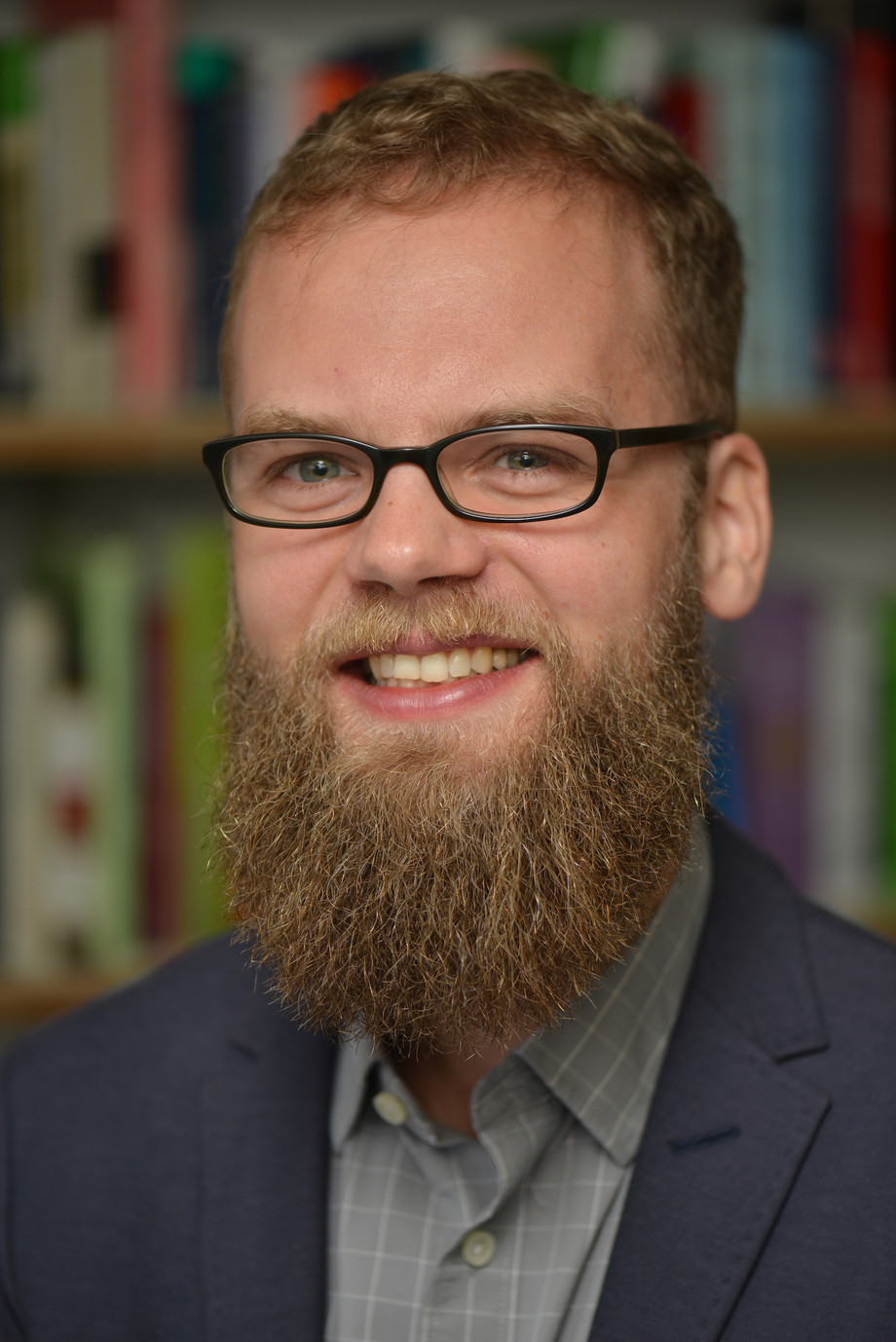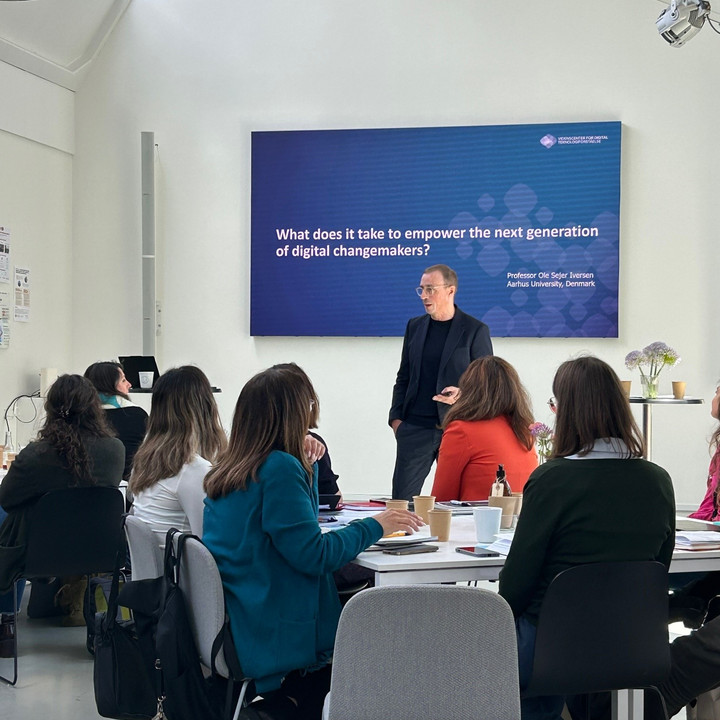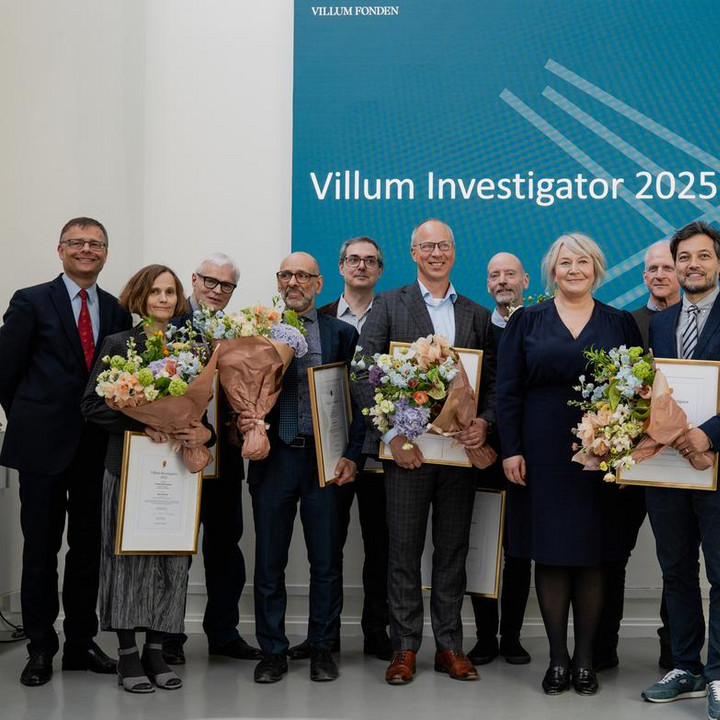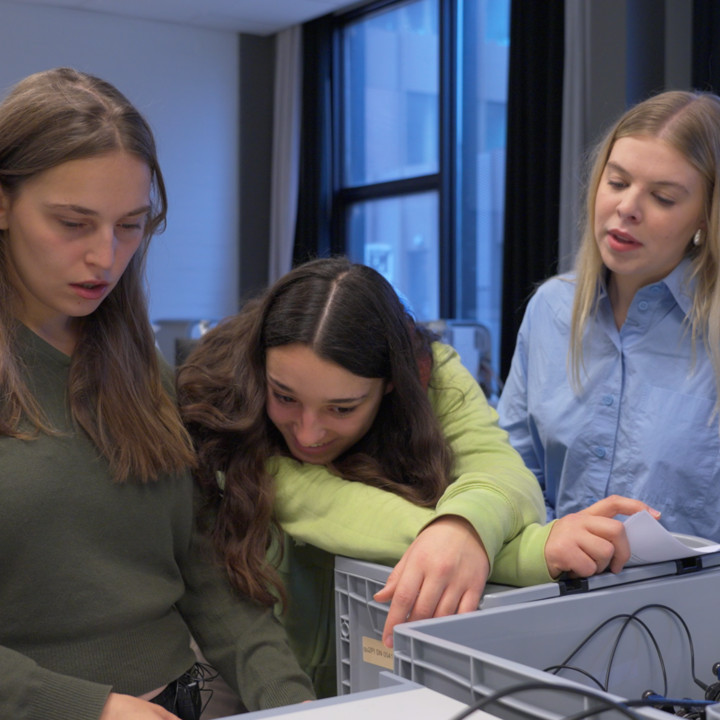Six highly talented researchers receive additional grants from Villum Foundation
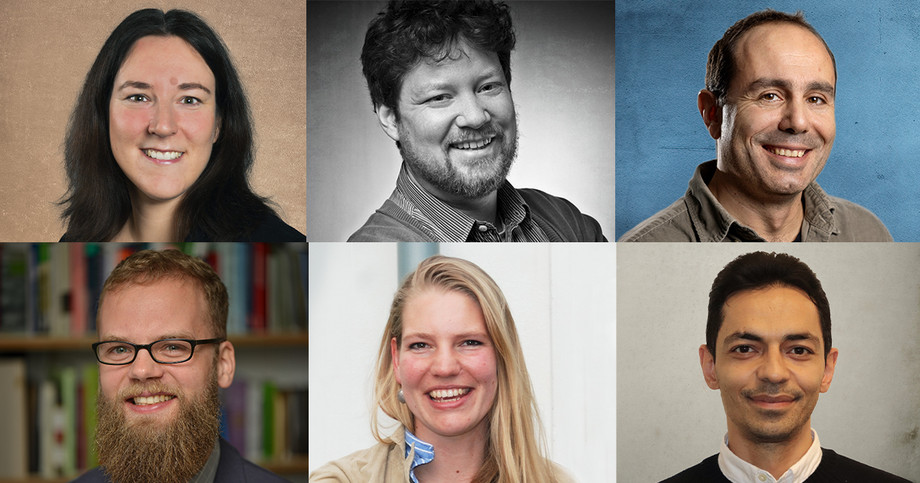
They were previously beneficiaries of grants under the foundation's Young Investigator program and have now been selected to continue their research for another three years.
Thee six researchers have demonstrated exceptional talent in their research endeavors and have presented ambitious plans for the future. As a result, they will be awarded another three years of funding, with each receiving an extra DKK 4 million.
The selected researchers include Albert H. Werner from the University of Copenhagen, Beate Kraft from the University of Southern Denmark, Wolf Eiserhardt from Aarhus University and Cornelia Jaspers, Giorgos Leloudas and Mehdi Mehrali from Technical University of Denmark (DTU).
"At Villum Foundation, we prioritize talent and groundbreaking ideas because we believe they drive the best research outcomes. In the case of these six researchers, we have witnessed not only exceptional research aptitude but also a drive to establish their own independent research profiles and leadership capabilities. We look forward to following their progress and projects," says Thomas Bjørnholm, executive chief scientific officer at Villum Foundation.
The six researchers address very diverse topics, including black holes, the oxygen cycle among microbes, the duration of rarity among new species, quantum computing applications, zooplankton´s role in the oceanic food chain, and the 3D printing of sustainable and intelligent concrete.
Stable research career offers new opportunities
The additional funding from Villum Foundation promises these researchers a more stable trajectory in their research careers, potentially opening doors to additional support, such as grants from the European Research Council (ERC).
The selection criteria for the additional grants emphasize the applicants' track record of outstanding research during their initial Young Investigator grant tenure. Furthermore, each applicant has presented an ambitious plan for their future research, demonstrated leadership capabilities, and established careers at a high international standard.
The Villum Young Investigator programme has been supplemented with YIP supplementary grants, known as YIP+. Since 2021, these grants have provided up to DKK 4 million, with a grant period of up to three years. The YIP+ grant was last awarded at the end of 2023.
Meet the six recipients
The additional grants secure a stable research path for the most promising recipients of the 2019 grant, affording them three more years to advance their research projects.
For more information on the individual projects, please click on the respective researcher's name.
University of Copenhagen, Department of Mathematics, DKK 4m
Standard operating procedures for robust characterization and calibration of quantum hardware
Based on quantum theory, quantum computers promise to solve certain problems faster than conventional computers. Yet their use as computational tools requires accurate characterization – a challenge due to the very properties enabling the computational speed-ups. The grant will allow for the recruitment of a Ph.D. student and a Postdoc to devise robust and efficient characterization and calibration procedures for quantum hardware based on advanced mathematical methods. The grant will support the recruitment of one Ph.D. student and a postdoc.
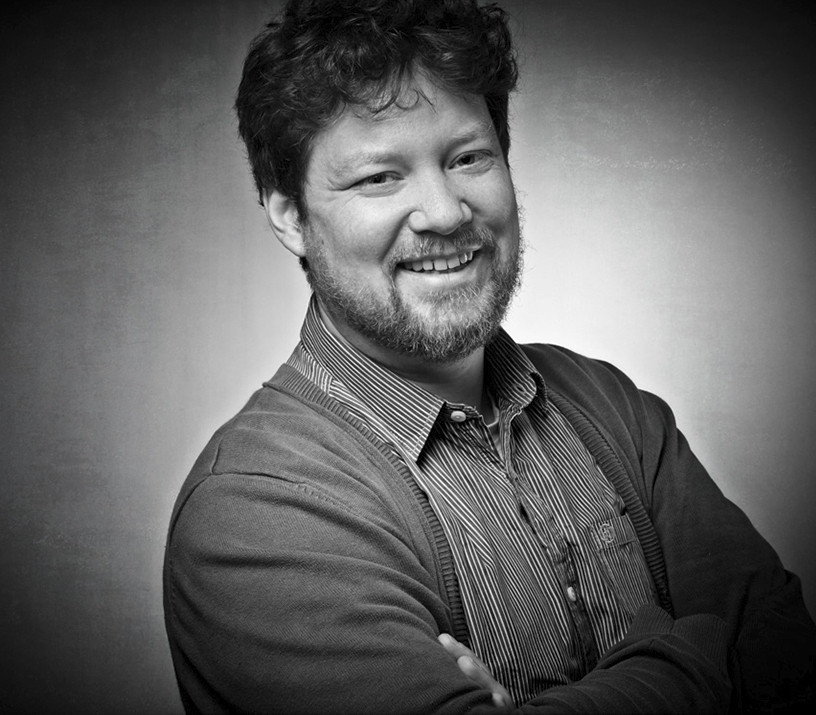
University of Southern Denmark, Department of Biology, DKK 4m
Cryptic microbial oxygen cycling: Drivers, evolution and environmental significance
A newly discovered oxygen-producing pathway that does not need light is widely distributed among microbial key players of our oceans. These oxygen-producing microbes can potentially support other microbes that equally depend on oxygen but lack the capability to produce it. The project will investigate what drives oxygen cycling by these microbial key players, their evolution, and their ecological significance. The grant will support a Ph.D. student and a postdoc.
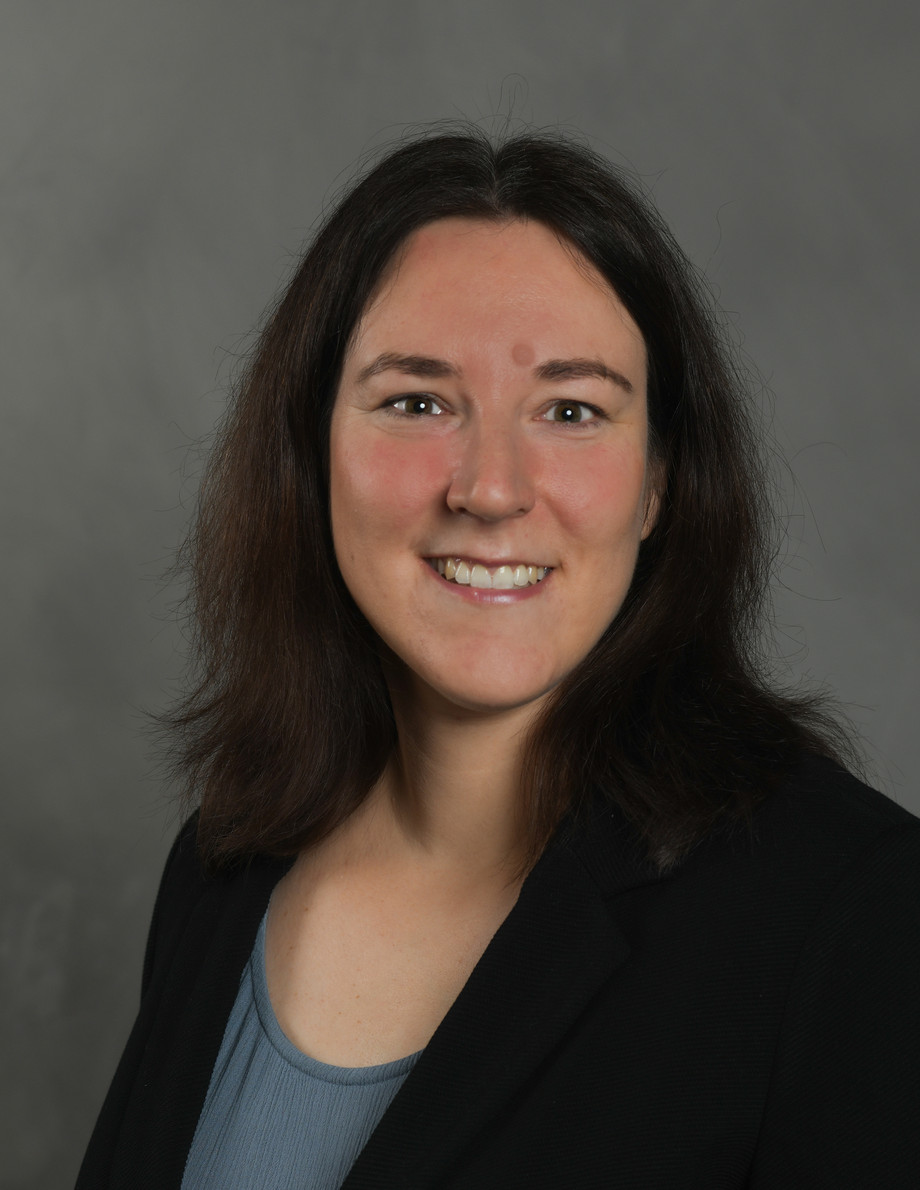
Technical University of Denmark, DTU Aqua, DKK 4m
The next frontier of Marine Science to mitigate climate change (ToSea)
The oceans play a pivotal role in global climate regulation and protein production. Larvaceans, widespread gelatinous zooplankton with extraordinary growth rates, are ignored but might sustain carbon sequestration and fisheries under change. The project will use observation technology, robotics, and biogeochemical models to uncover the current and potential future role of larvaceans to mitigate negative climate change impacts in the oceans. The grant allows for recruiting one Ph.D. and one postdoc.
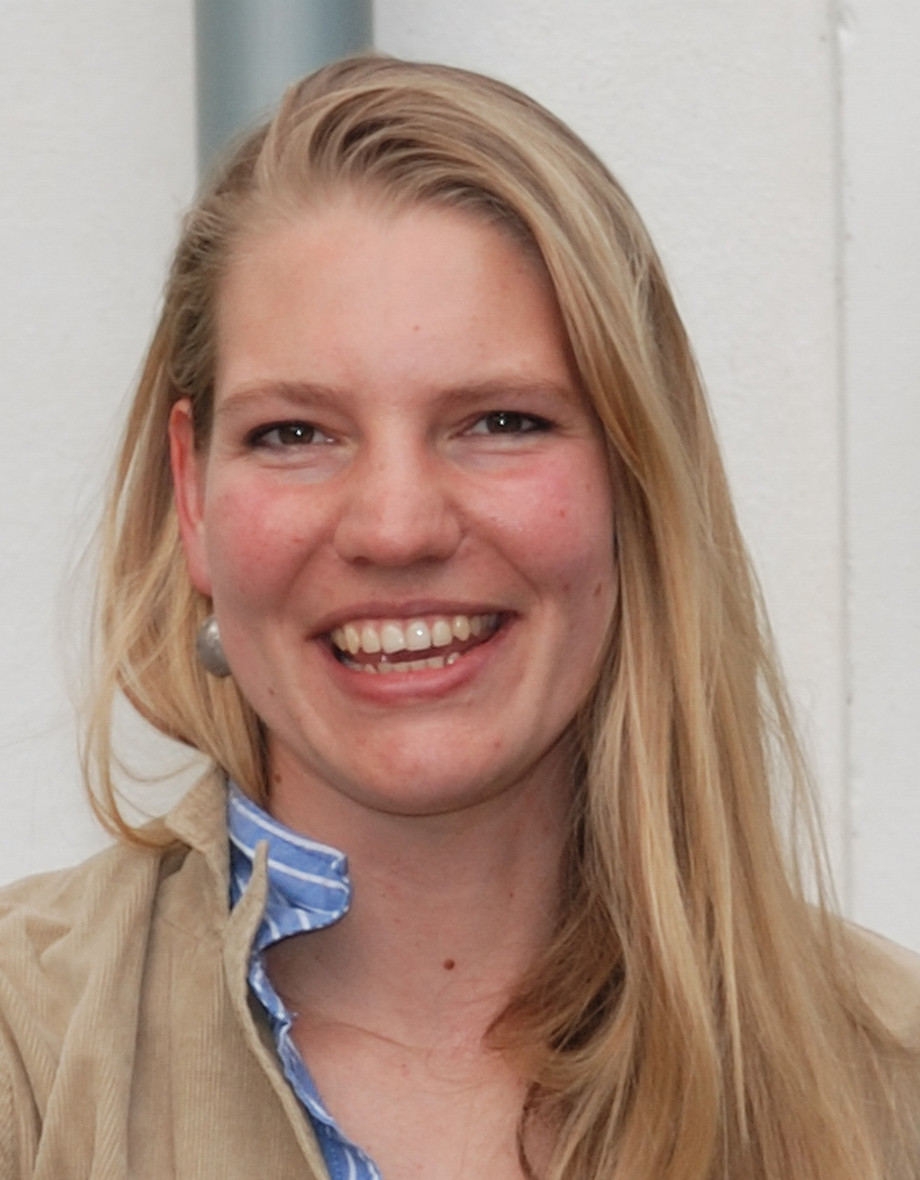
Technical University of Denmark, DTU Space, DKK 4m
Black hole mass measurements with Tidal Disruption Events (BlackTiDE)
BlackTiDE will study radiation from stars destroyed by black holes’ tidal forces. The project will identify thousands of such phenomena in a new telescopic survey and, employing a novel technique, it will unveil black hole structures by measuring light echoes and time delays. BlackTiDE will expand our view of the Universe’s black hole population across distances, black hole masses, and galaxy types, often inaccessible through other methods. The grant will fund one postdoc and one Ph.D. student.
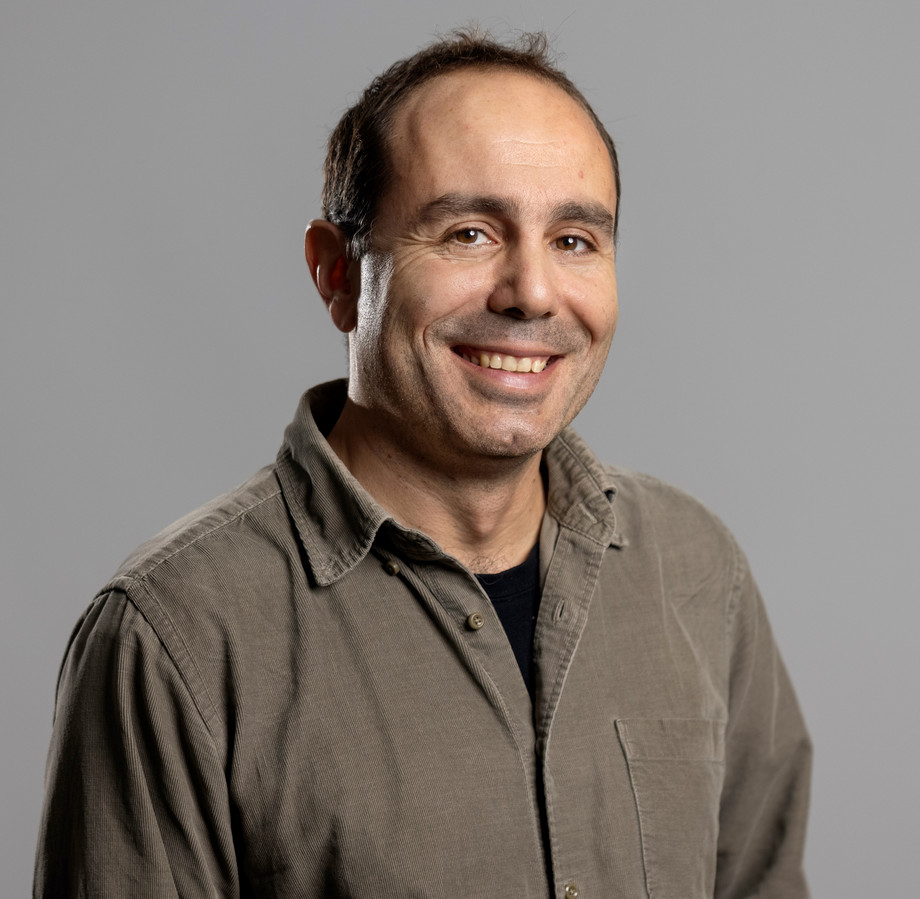
Technical University of Denmark, DTU Construct, DKK 4m
Bridging Nature and Technology: Unleashing the Potential of Living Materials for Energy Storage in the Construction Sector
The burgeoning field of biological living materials utilizing non-pathogenic microorganisms has sparked interest as a sustainable solution for constructing eco-friendly buildings. The project aims to combine bioactive hydrogels with carbon-fixing microorganisms to mitigate CO2 emissions and provide cement-like properties, then convert them into supercapacitive construction materials enabling electricity storage and discharge. The grant will allow the recruitment of two postdocs.
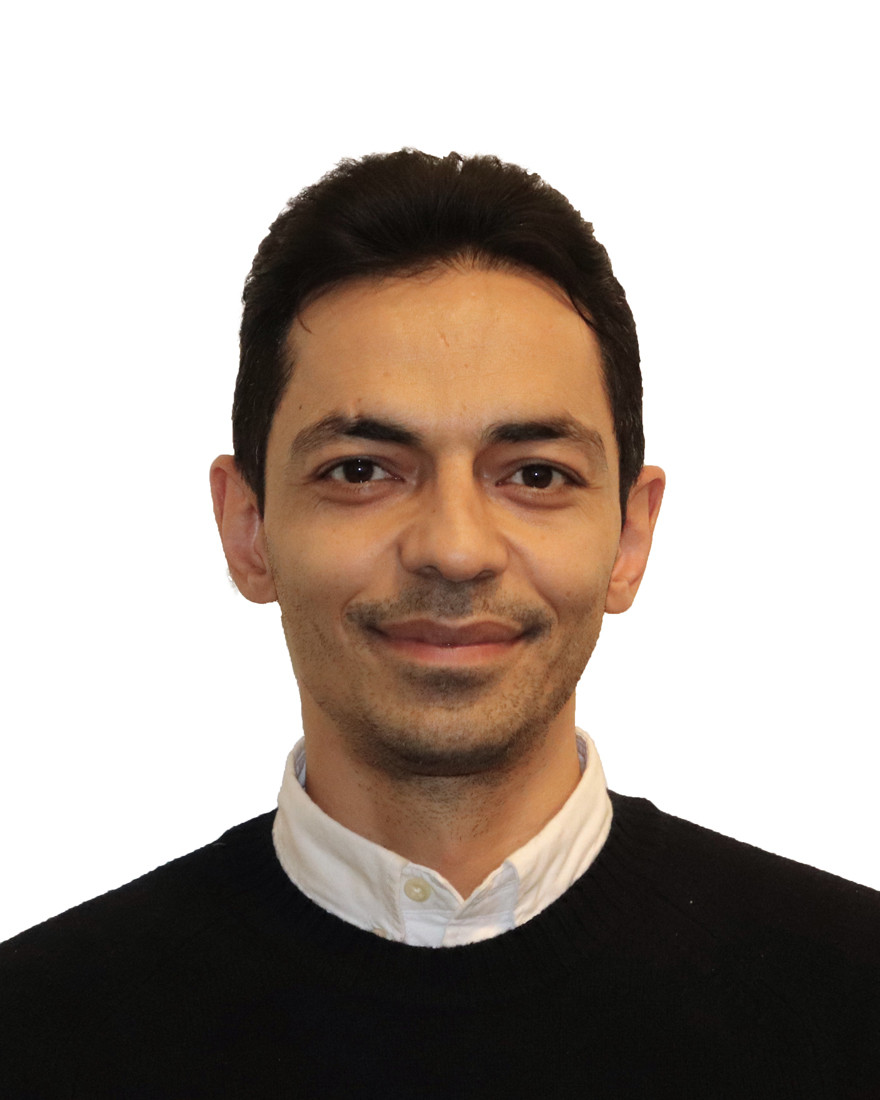
Aarhus University, Department of Biology, DKK 4m
Testing the effect of speciation history on the geographic rarity of species using the Tree of Life (RARITREE)
Most species are geographically rare, i.e. restricted to a small area, and hence vulnerable to environmental change. Understanding the reasons for their rarity is crucial for their conservation. This project will use cutting-edge genomic techniques to test the idea that new species are “born rare”, and that the prevalence of rare species is, at least partly, because many species are young and have not yet had the time to spread to all the places in which they can thrive. The grant will fund one postdoc and one Ph.D. student.
